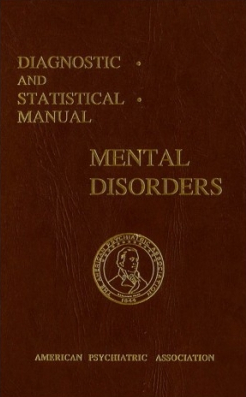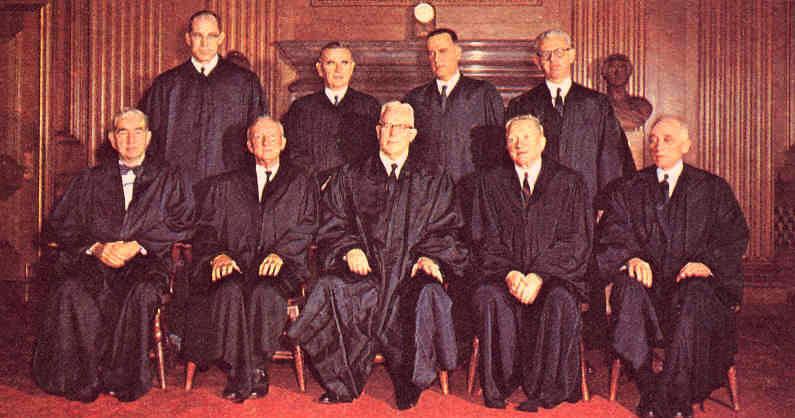Dusky v. United States, 362, U.S. 402 (1960)
Milton Richard Dusky was a 33-year-old man at the time of his arrest with no criminal history and a prior diagnosis of Schizophrenic Reaction, Chronic Undifferentiated Type. He was married with children but intermittently suffered from visual hallucinations, morbid preoccupations, and depression and had a long history of alcoholism. While being treated psychiatrically in a Veteran Affairs hospital in March of 1958, his wife left him for his brother.
The night before the offense on August 19, 1958, Mr. Dusky drank two pints of vodka and took a number of tranquillizers. He had been forced to sleep in his car as he had been thrown out of his room by his landlady after his son let her dog out and it was killed. The following day he drove two friends of his son to visit a girl, and on the way, they encountered a second girl whom the boys knew. After picking her up, they drove the girl across state lines to Missouri, where the two adolescent boys raped her. Dusky attempted to rape the girl but was unable. He later could not remember what had occurred.
After his arrest, Mr. Dusky was admitted to the U.S. Medical Center for Federal Prisoners in Springfield, Missouri for an evaluation of his competency and sanity. Based upon this evaluation, Dr. L. Moreau opined that Mr. Dusky was “oriented to time, place, and person” and was denying a “complete memory of the day of
the offense.” A second evaluation by the psychiatric staff, signed by Joseph C. Sturgell, MD, observed that Mr. Dusky had initially stabilized following his admission to the hospital but had then begun to experience hallucinations with emergent beliefs that he was being framed for the offense. This assessment concluded that Mr. Dusky was mentally ill with a diagnoses of schizophrenia and that, because of this illness, he was unable to properly understand the proceedings against him and to adequately assist counsel in his defense.
Mr. Dusky was tried, found guilty, and sentenced. The outcome was appealed and affirmed by the United States Court of Appeals for the Eighth Circuit. However, upon review by the Supreme Court of the United States, the Court concluded that “a federal court in which criminal proceedings are pending to make a finding regarding the mental competency of the accused to stand trial, may not make a determination that an accused is mentally competent merely because he is oriented to time and place and has some recollection of events; the test must be whether the accused has sufficient present ability to consult with his lawyer with a reasonable degree of rational understanding and whether he has a rational as well as a factual understanding of the proceedings against him.”

Earl Warren
Hugo Black · Felix Frankfurter
William O. Douglas · Tom C. Clark
John M. Harlan II · William J. Brennan, Jr.
Charles E. Whittaker · Potter Stewart
More Precedents
For more information, please contact Janet I. Warren, DSW, Professor of Psychiatry and Neurobehavioral Sciences, Institute of Psychiatry and Public Policy, University of Virginia, [email protected], or 434-924–8305.



